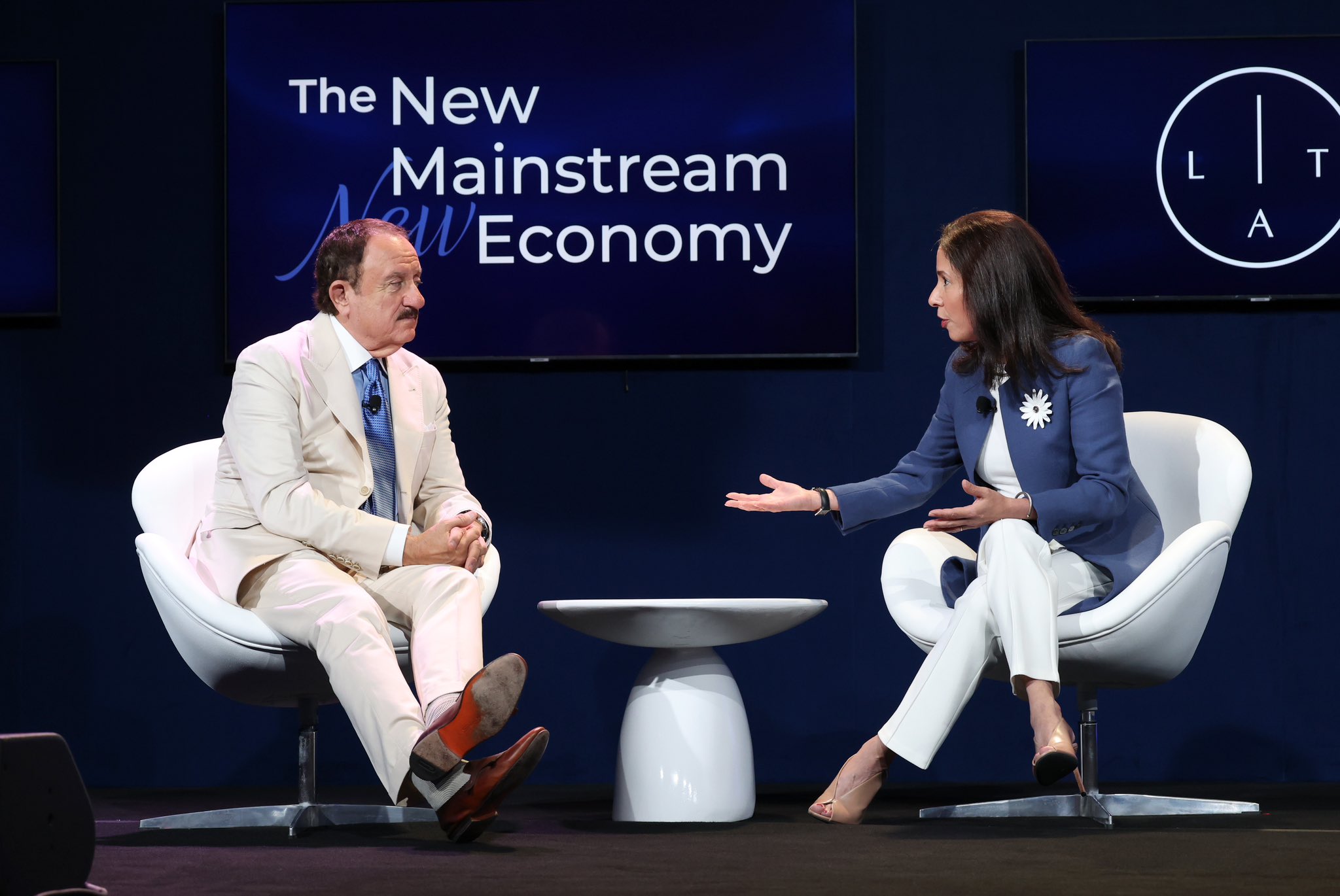
Can NBA players help erase the stigma of mental illness?
Earlier this year, when NBA All-Stars Kevin Love and DeMar DeRozan opened up publicly about their battles with mental illness, it brought to light a crucial concept.
In an article published by The Players Tribune, Love detailed the time he had a panic attack during halftime of an NBA game last November.
DeRozan, in an interview with The Toronto Star, spoke of how depression has gotten the best of him at times.
These two men are well-known nationally and make millions of dollars, experiencing great fame and popularity. However, neither success nor stardom makes a person completely immune to dealing with mental health issues.
According to the National Alliance on Mental Illness, approximately 20 percent of adults in the U.S. experience mental health issues in a given year. Additionally, approximately one in 25 adults in the U.S. annually experiences a serious mental illness that substantially interferes with or limits major life activities.
CONTENIDO RELACIONADO
Mental illnesses can travel from home to work and restrict the desire to complete even the simplest tasks. It’s not something that is easy to talk about, but considering the many people who struggle with it each day, conversations need to be had in order to help reduce, and perhaps someday eradicate, the stigma surrounding it.
Love and DeRozan are just two examples of successful athletes who have shared their personal struggles with mental illness.
Earlier this year, 23-time Olympic gold medalist and renowned swimmer Michael Phelps revealed that he’s struggled with depression and anxiety for several years, reaching a point in which he started to think it would be best if he was no longer here. It was then that Phelps sought help, and that help allowed him to keep moving forward despite continuing to endure those mental challenges.
He followed it up by teaming up with Talkspace to help other people who may be dealing with mental health issues find the help they need.
According to the NAMI, only 41 percent of adults in the U.S with a mental health condition received mental health services in the past year.
Mental health problems can impact anyone. With more athletes coming forward to talk about their struggles, perhaps their influence will encourage more people to do the same and lessen the stigma surrounding the topic.










DEJE UN COMENTARIO:
¡Únete a la discusión! Deja un comentario.